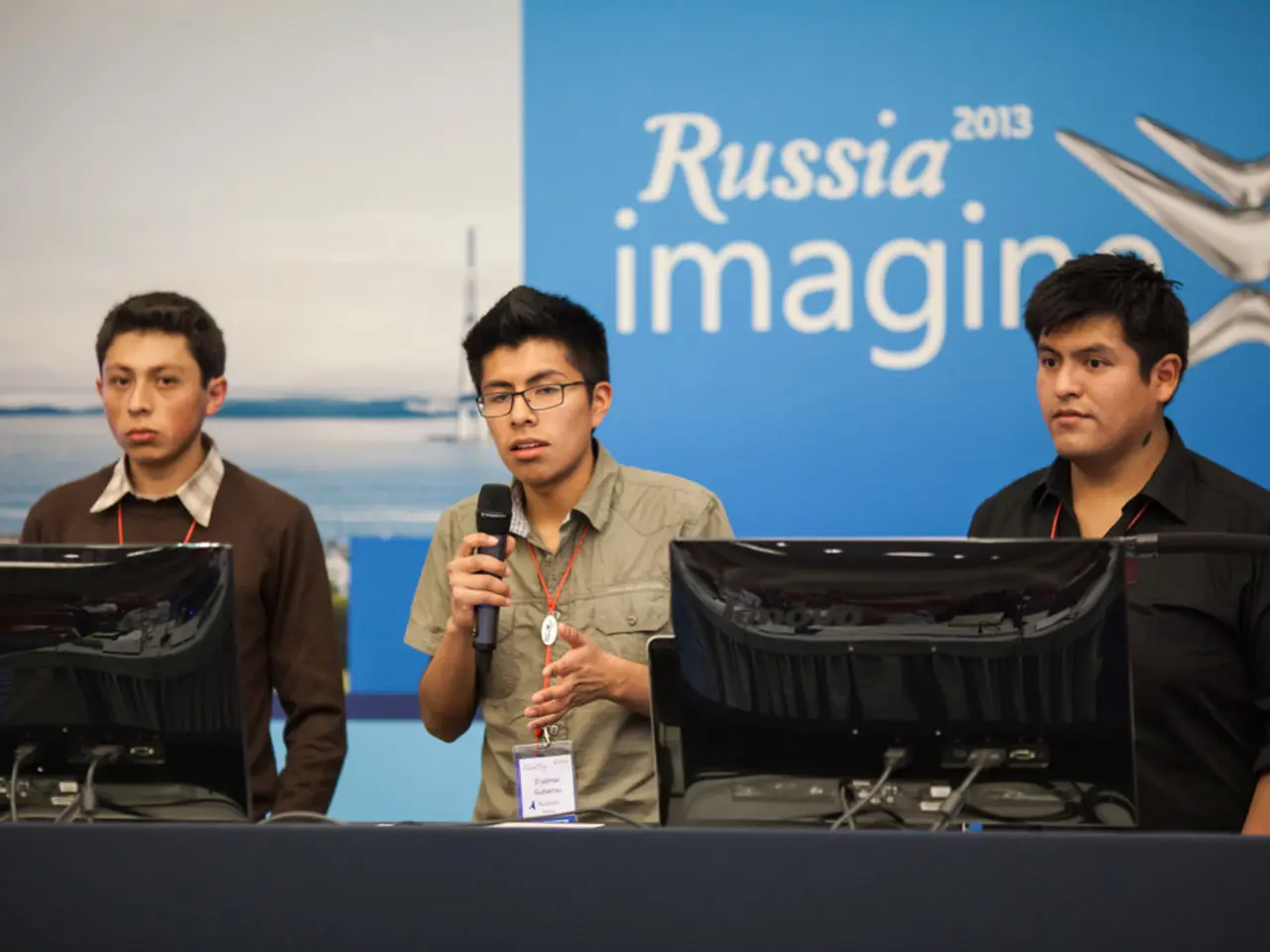Support Specialist for WordPress Projects
The role of a WordPress Support Engineer is a dynamic and challenging position that requires a blend of technical proficiency, customer service expertise, and remote work readiness. This article provides an in-depth look at the job requirements, skills, and responsibilities involved in this role.
Job Requirements and Skills
Core Technical Requirements:
A WordPress Support Engineer typically requires a minimum of 2+ years of experience in WordPress technical support or development. The position necessitates technical proficiency in WordPress admin panel and backend tools, PHP and MySQL for backend development and database management, frontend technologies including HTML, CSS, and JavaScript/jQuery, command line and server management tools such as WP-CLI, cPanel, FTP/SFTP, SSH, and debugging and monitoring tools like Query Monitor, Log Files, and Browser Developer Tools.
Familiarity with WordPress Ecosystem:
A successful WordPress Support Engineer should have a good understanding of the WordPress ecosystem, including custom themes and plugins, caching and performance optimization tools, security best practices, Git for version control, and support platforms such as Zendesk, Freshdesk, Intercom, or Jira Service Desk.
Desirable Bonus Skills:
While not essential, bonus skills such as experience with popular WordPress extensions and builders like WooCommerce, Elementor, and Advanced Custom Fields (ACF), familiarity with CDNs like Cloudflare, knowledge of Docker, Linux command line, and DevOps tools, understanding of accessibility standards (WCAG) and SEO fundamentals can give a candidate a competitive edge.
Soft Skills:
Strong written and verbal communication skills in English, patience, empathy, and customer focus are vital for clear customer support. A WordPress Support Engineer should also possess strong diagnostic and problem-solving skills to isolate root causes quickly, and the ability to work remotely, handle multiple priorities, and maintain organization under pressure.
Common Responsibilities:
The primary responsibilities of a WordPress Support Engineer include troubleshooting and resolving WordPress issues related to themes, plugins, APIs, performance, and migrations. They collaborate with engineering and cross-functional teams to escalate and resolve complex issues, maintain support documentation and knowledge base articles, provide technical guidance and educate users or junior team members, and monitor system logs and alerts to anticipate degradation or risks.
Job Specifics:
The WordPress Support Engineer job is a remote position, with working hours either Shift 1: 7:00 AM - 3:00 PM (Pacific Time) or Shift 2: 1:00 PM - 9:00 PM (Pacific Time), Monday to Friday. The role involves debugging and optimizing slow-loading pages and improving Lighthouse scores, providing technical support to internal teams and client-facing stakeholders, and documenting resolutions and contributing to the internal knowledge base.
The job offers paid leave (12 days/year), annual performance review, career development and training support, certification sponsorship, and exposure to Jira and agile environments. The job title is WordPress Support Engineer, and it does not require any specific prior context.
In conclusion, a WordPress Support Engineer plays a crucial role in maintaining and improving the performance, security, and user experience of WordPress websites. If you have the required skills and are seeking a challenging and rewarding remote position, this could be the perfect role for you. Highlighting your experience with WordPress technical support, PHP/MySQL, debugging tools, and excellent communication will be critical in your application. Bonus skills in WooCommerce, CDNs, or DevOps tools can give you a competitive edge.
A WordPress Support Engineer should possess a good understanding of technology, such as familiarity with WordPress ecosystem components and core technical requirements like PHP, MySQL, and frontend technologies. To excel in this role, an individual should also demonstrate education-and-self-development, by acquiring and maintaining skills in areas like troubleshooting, problem-solving, and communication. Adopting a lifestyle that encourages continuous learning and adapting to new technologies can provide a competitive edge in the job market for this dynamic and challenging position.




